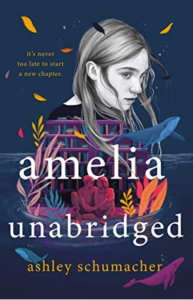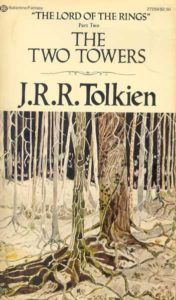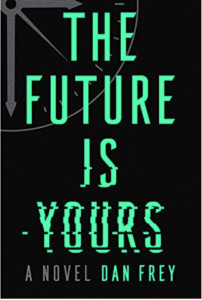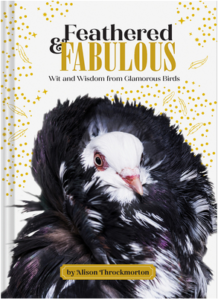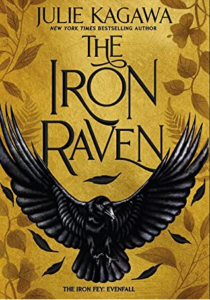Hurray, Lizbeth Rose is finally on her way west! Unfortunately, she’s going after receiving news that her one-time partner Eli — or Prince Ilya Savarov to the rest of the denizens of the Holy Russian Empire — has been thrown into jail for reasons unknown. The news has been conveyed to her via a coded letter from her younger half-sister Felicia, who’s being trained as a wizard in exchange for providing the occasional life-saving blood transfusion for Emperor Alexei. Lizbeth hops on board a train, unsure of what she’ll meet on the western seaboard of what was once the United States, as she seeks to uncover the truth and free the man she still loves.
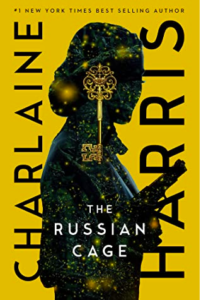 This third book in the alternate history Western series starring the gun-slinging Lizbeth Rose features all the rough and tumble shootouts and brawls of the other books but amps up the court intrigue, as Lizbeth has to not only go undercover but also endear herself to the most powerful people in the HRE. I finally got to see my Asian people, even if they don’t figure largely in the narrative; still, representation matters. You probably could enjoy this book without reading the first two in the series, but I don’t particularly recommend it. Book I: An Easy Death sets up not only a 1930s where the assassination of President Roosevelt meant the splintering of a nation unable to recover from economic collapse and widespread influenza, but also filled us in on the background of our heroine. Book II: A Longer Fall explored the era’s version of the Deep South, the virulently racist and sexist Dixie. Now Lizbeth is on Eli’s home territory, looking to bust him out of jail and, perhaps more dauntingly, meet his mother and sisters for the first time.
This third book in the alternate history Western series starring the gun-slinging Lizbeth Rose features all the rough and tumble shootouts and brawls of the other books but amps up the court intrigue, as Lizbeth has to not only go undercover but also endear herself to the most powerful people in the HRE. I finally got to see my Asian people, even if they don’t figure largely in the narrative; still, representation matters. You probably could enjoy this book without reading the first two in the series, but I don’t particularly recommend it. Book I: An Easy Death sets up not only a 1930s where the assassination of President Roosevelt meant the splintering of a nation unable to recover from economic collapse and widespread influenza, but also filled us in on the background of our heroine. Book II: A Longer Fall explored the era’s version of the Deep South, the virulently racist and sexist Dixie. Now Lizbeth is on Eli’s home territory, looking to bust him out of jail and, perhaps more dauntingly, meet his mother and sisters for the first time.
The Russian Cage is a very fun, fast-paced novel, tho I didn’t think it was as much a page-turner as ALF. It’s really nice to have Lizbeth be the one who has to come in guns blazing to save the man she loves, aided by the people who love him, even tho some of them could take or leave her. Lizbeth figures Eli has been thrown in jail due to political intrigue, so the real reason is an unpleasant surprise. Worse, it doesn’t allow her to escape the machinations of the imperial court. On the plus side, it does give her the chance to get to know the surprising Felicia better, and to realize that shunting her little sister off to the HRE maybe wasn’t the kindest choice she had had available to them.




